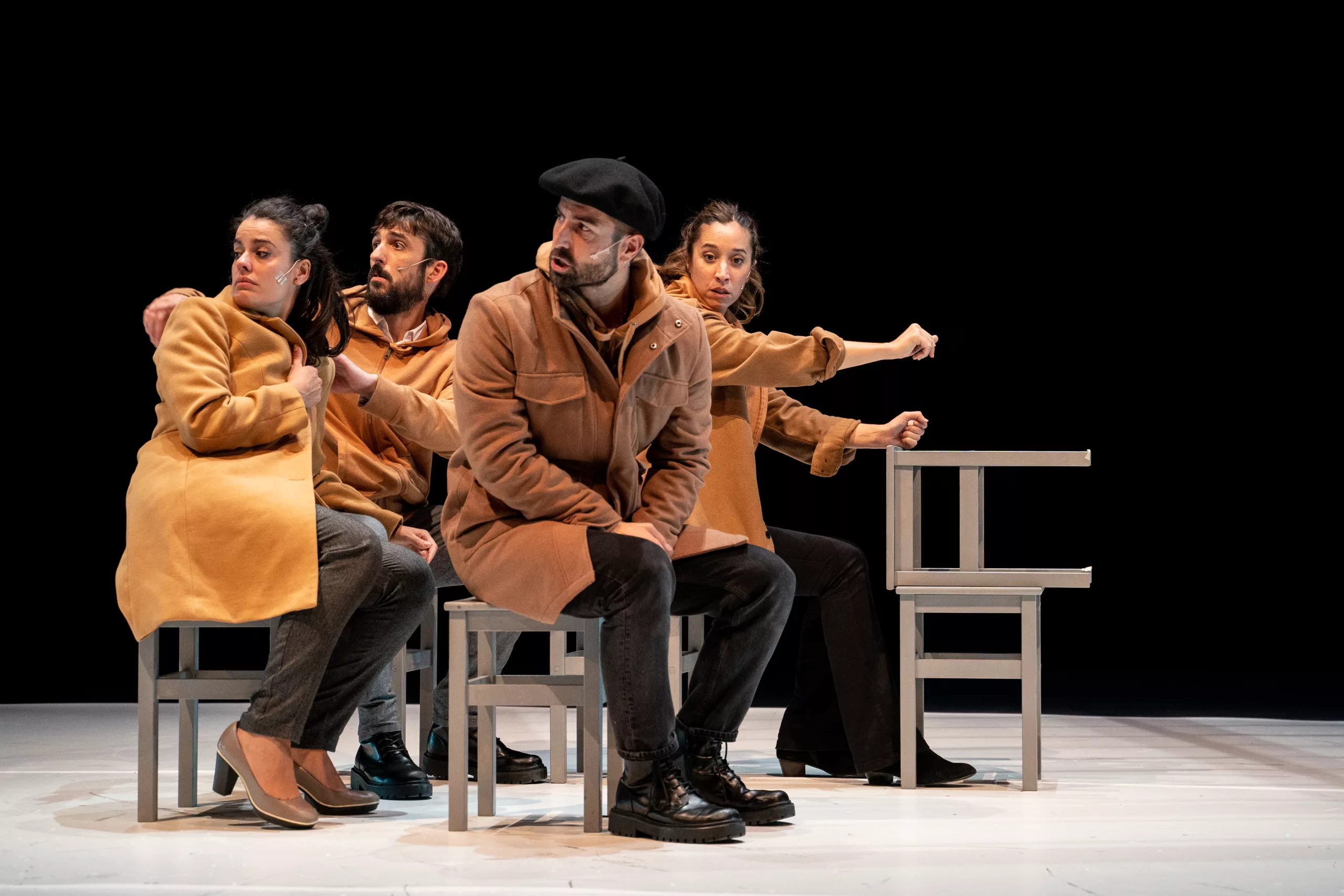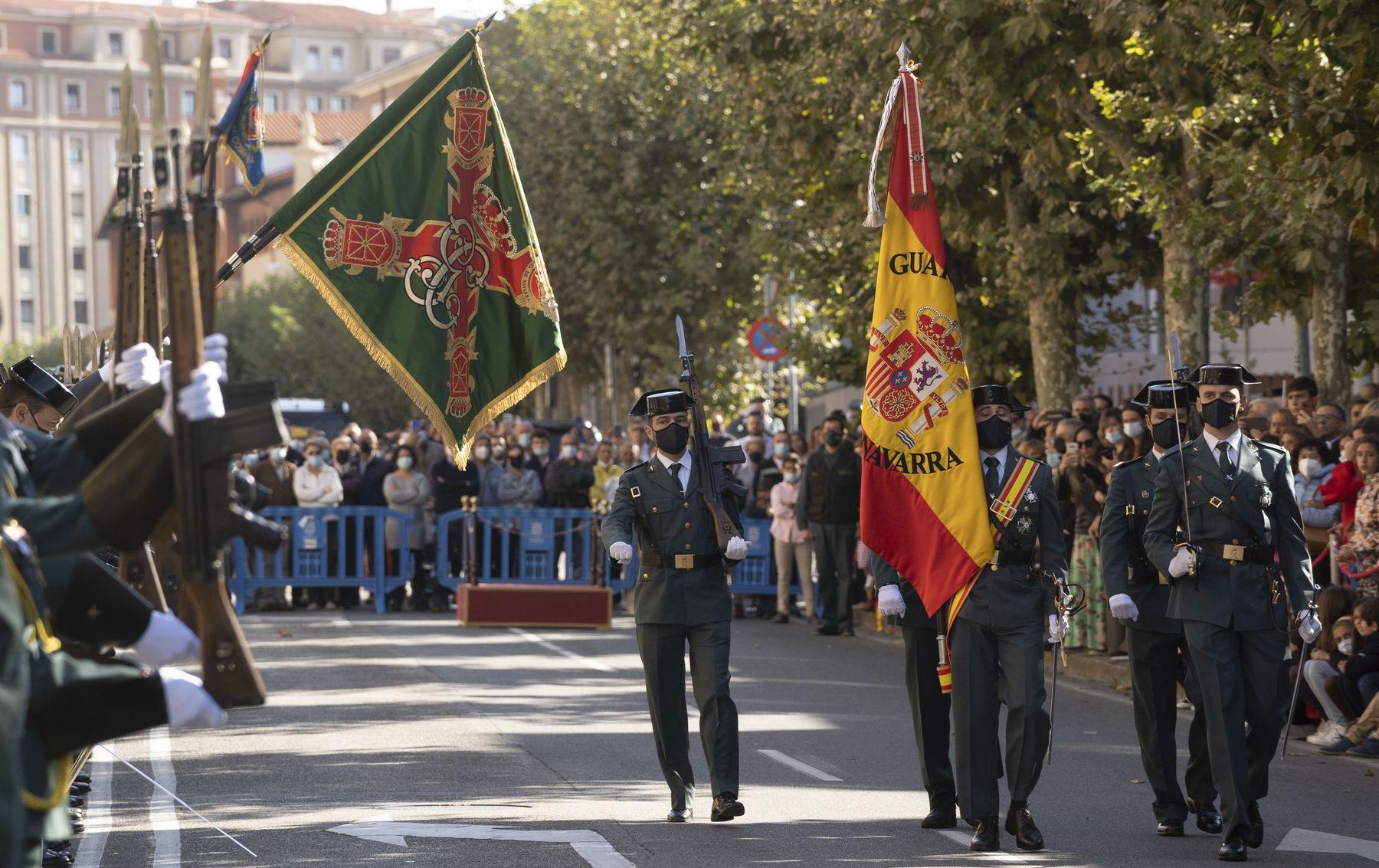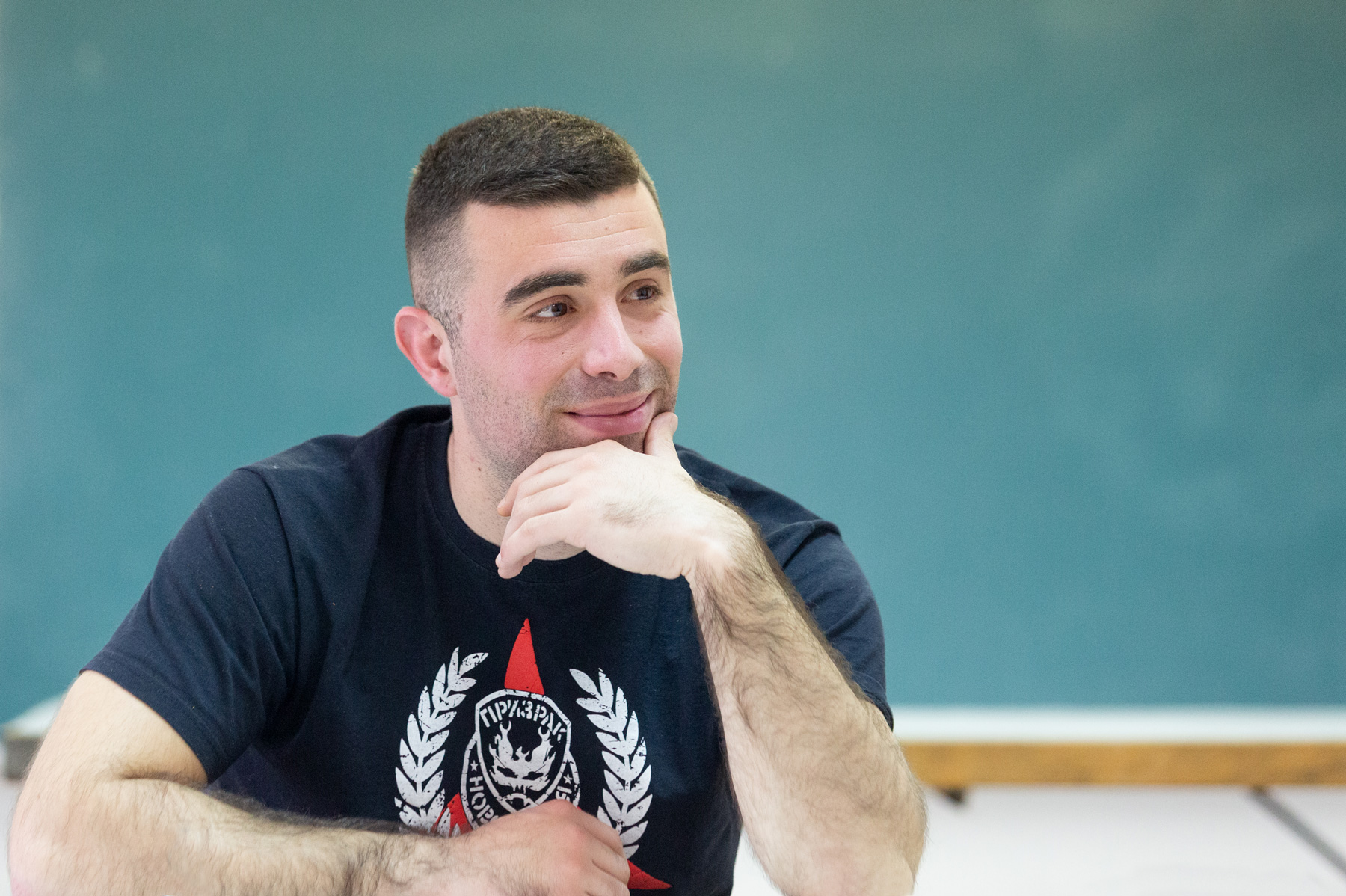The trial against the young people of Altsasu begins
- On Saturday, a demonstration was held in Pamplona in support of the eight contestants of Altsasu. On the grounds that the case had nothing to do with terrorism, it was requested that the case should be tried in Navarre, not in Madrid.

The case of the eight young defendants of Altsasu began in October 2016, during the festivities of Altsasu. Around 5 a.m. a clash broke out in the Koxka Bar between some of the young people in the village and the civil guards and their partners outside the bar during working hours. As a result of the confrontation, and because of the slight injuries suffered by the civil guards, eight young people in the village have been charged with “terrorist crimes”: Jokin Unamuno, Basoan Arnanz, Adur Ramírez de Alda, Iñaki Abad –these three are in jail–, Julen Goikoetxea, Jon Ander Cob, Aratz Urrizola and Ainara Urkijo. The prosecutor demands a prison sentence of 50 years for six, 62 and a half years for Arnanz, and 12 years for Urkijo. Altogether, 375 years for all defendants.
The Guaixe portal chronologically captures the events of Altsasu in this link.
The trial
Judge Concepción Espejel will take the oral case to Madrid. The trial begins after three young people have spent a year and a half in prison. The trial is expected to continue until the 27th. The defense demanded the exclusion of Espejel, who is married to a Civil Guard who claims that this deprives him of his “impartiality,” but no changes have been approved.
Before proceeding with the statements and if there is a preliminary matter, the court must decide on them, after which the trial will begin with the statements of the defendants. They will have room to answer questions from the prosecutor and Covite’s particular indictment, but they may decide to respond only to defense attorneys. The Covite victims’ association denounced the eight “perpetrators of the attack for hate crimes related to the crime of terrorism and the attack on authority.”
The second day will be the turn of the plaintiffs, and the next three days will be the turn of the witnesses. During the second week of the trial, experts from the Civil Guard will testify.
The third examining magistrate of Pamplona, María Paz Benito, rejected the appeals and reform filed by the youth defense of Altsasu. He therefore referred the question of the holiday dispute to the Spanish National Court.
The report drafted by the Guardia Civil and the Spanish Police in relation to the case stated that the case must be tried in Navarre, which is also defended by the defense of the eight youths. However, as a result of Covite’s complaint, the case reached the Spanish National Court, where investigating judge Carmen Lamela ruled in the indictment that the fight at the bar was “terrorism”. It took advantage of article 573 of the Criminal Code of 2015 to do so. The article states that the crime of terrorism will be considered “any serious crime against life or physical integrity” and “that generates a state of terror among the inhabitants or some inhabitants”.
The journalist Pascale Davies, of The Guardian, has written an extensive article about the Altsasu affair, which has not been liked by several politicians of the Spanish state. In the case, the UPyD deputy, Rosa Díez, strongly opposes the article.
Fusilamenduak, elektrodoak eta poltsa, hobi komunak, kolpismoa, jazarpena, drogak, Galindo, umiliazioak, gerra zikina, Intxaurrondo, narkotrafikoa, estoldak, hizkuntza inposaketa, Altsasu, inpunitatea… Guardia Zibilaren lorratza iluna da Euskal Herrian, baita Espainiako... [+]
Giza Eskubideen Europako Auzitegiak ez du aintzat hartu Altsasuko gazteek epaiketa bidezkoa izan zuten aztertzeko eskakizuna. Auzipetutako gazteetako batek, Iñaki Abadek, eman du jakitera berria.





















